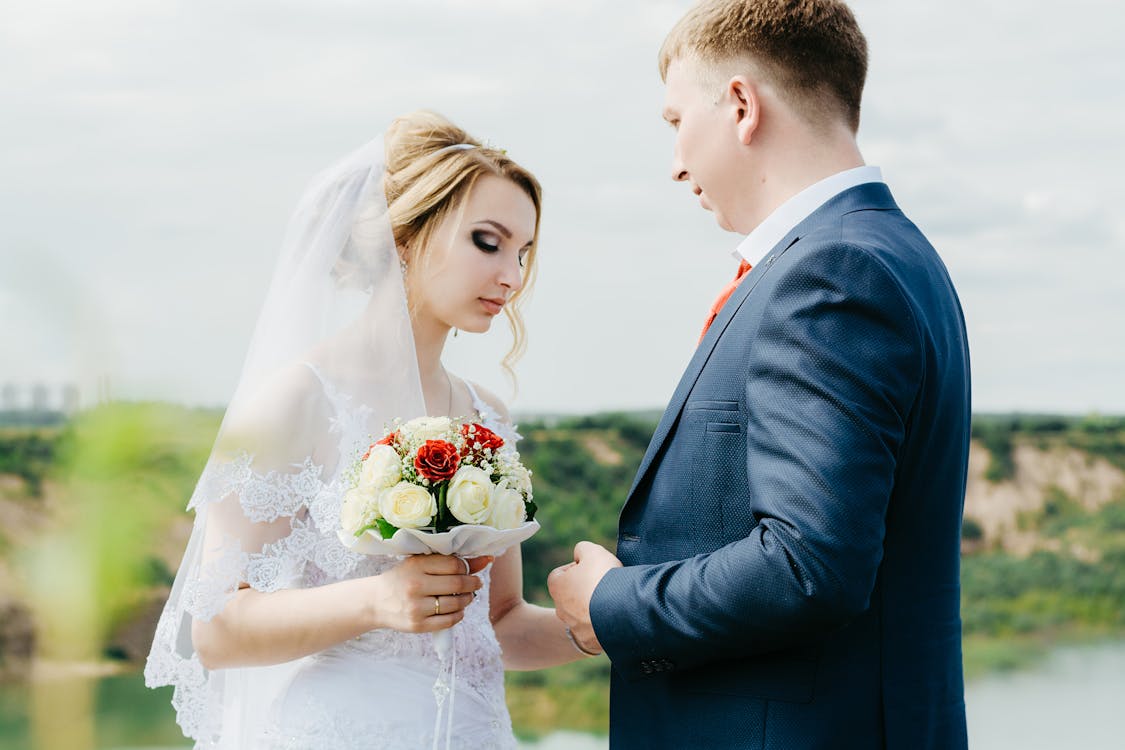
A non-native can get married under the Special Marriage Act of 1954 or the Hindu Marriage Act of 1955. One of the partners should fill out a "Marriage Notice" from the Indian marriage registration office if they live in a distant country.
Foreigner marriage in India refers to the union between a foreign national and an Indian citizen or between two foreign nationals, solemnized within the territory of India. Here are some details about foreigner marriages in India:
1. Legal Requirements: Foreigners wishing to marry in India must comply with certain legal requirements. The Special Marriage Act, 1954, is one of the primary legislations governing marriages involving foreigners in India. Alternatively, foreign nationals can also choose to marry under their respective personal laws if recognized in India.
2. Registration: Marriage registration is mandatory in India, and foreign nationals must register their marriage according to Indian laws. The registration process typically involves submitting the necessary documents and completing formalities at the office of the Marriage Registrar. Documents Required: The documents required for foreigner marriage in India may vary depending on the marital status and nationality of the individuals involved. Generally, the following documents are required: Passport and visa Proof of residence Birth certificate No objection certificate (NOC) from the concerned embassy or consulate Affidavit of marital status or single status certificate Passport-sized photographs Any additional documents as required by the Marriage Registrar
4.Validity and Recognition: Marriages solemnized in India between foreign nationals or between a foreign national and an Indian citizen are legally recognized, provided they comply with the requirements of Indian law. The marriage certificate issued by the Marriage Registrar serves as proof of the marriage and is valid for all legal purposes.
5. Divorce and Legal Proceedings: In case of divorce or legal proceedings involving foreigner marriages in India, the applicable laws may vary depending on the nationality and domicile of the parties involved. Foreign nationals may need to seek legal advice to understand their rights and obligations under Indian law. Overall, foreigner marriages in India are subject to specific legal provisions aimed at ensuring compliance with the law and protecting the rights of the parties involved. Proper documentation and adherence to legal formalities are essential for the validity and recognition of such marriages.
(Boys should be above 21 years and girls above 18 year)
Affidavit: (Affidavit must be attested by Magistrate/S.D.M. or Notary Public with Register Entry No.)
Age Proof: (Voter I.card, Driving Licence, Matriculation Certificate,) one of these.
Residence Proof: (Voter I.card, Driving Licence, Matriculation Certificate, Passport) (one of these).
Photograph: (7-7 Passport size photo ) Boys & Girl both.
Witness: Two Witness With Voter I.card, Driving Licence, Passport,2 Passport size photo (one of these).
Divorced: If any party is divorcee – Certified copy of Decree of Divorce granted by the Court.
Death Certificate: If any party is widow / widower – Death Certificate of the dead spouse.
Other Country: No Impediment Certificate / NOC from concerned Embassy and Valid VISA. Required for Only Other Country Marriage.